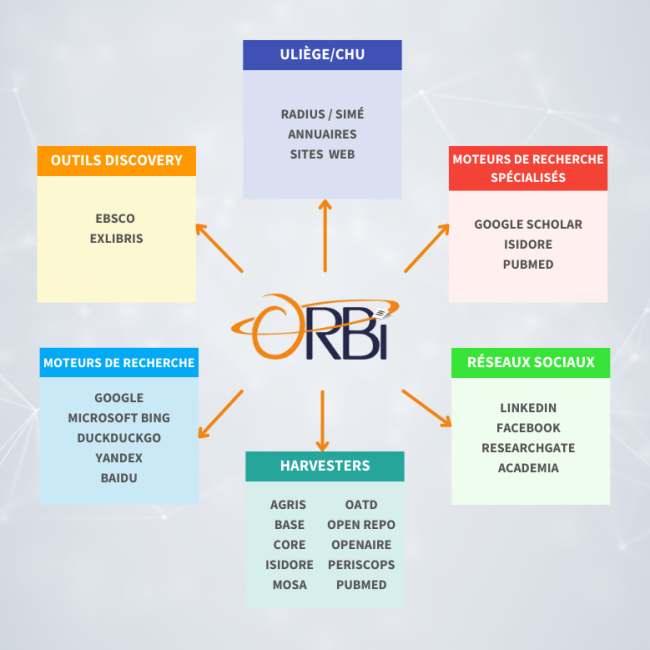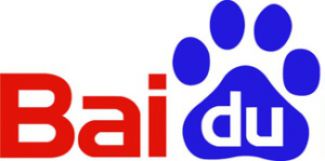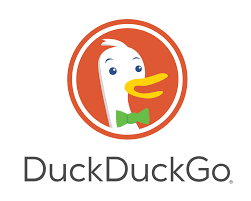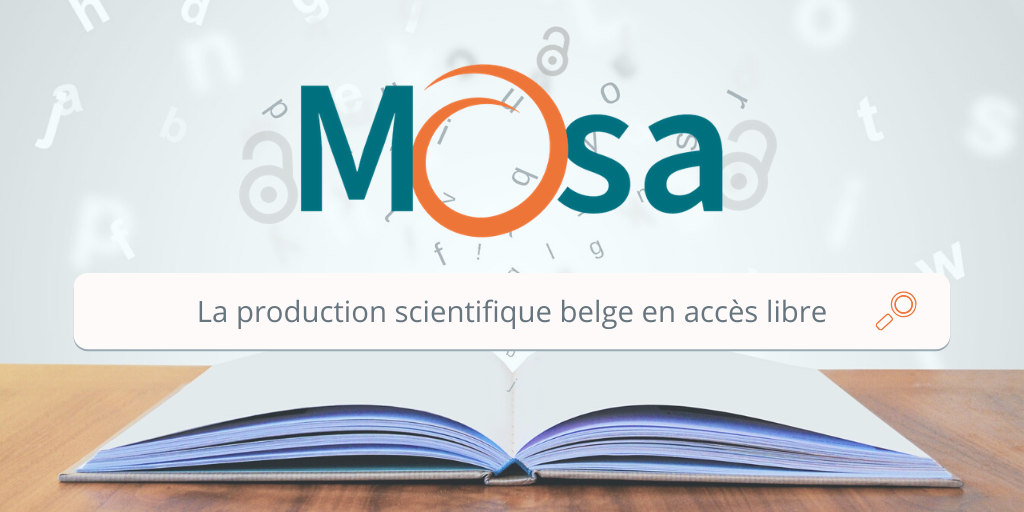Our publications are visible and not only on ORBi...
Since the beginning of ORBi, particular attention has been given to its referencing in quality tools, our desire being to automatically "push" ULiège references everywhere where researchers from all over the world go to search for scientific information.
This visibility goes, of course, through the essential web tools such as search engines but also through more specialised tools such as Open Access harvesters, library catalogues or social networks.
A publication on ORBi is just a few clicks away from being distributed as widely as possible

Web visibility naturally requires strong positioning on general or specialised search engines for scientific literature.
ORBi references are therefore present and visible very quickly, not only on well-known search engines such as: Bing, Google, Yahoo, etc., but also on:
Google Scholar
Search engine for scientific research, made by Google.
Indexing of ORBi since 2008.

Baidu
General search engine. Described as the Chinese Google, it is the most commonly used search engine in China with over 400 million users.
Indexing of ORBi since 2016.

DuckDuckGo
Meta-search engine created by Gabriel Weinberg (DuckDuckGo Inc.).
A philosophy committed to the preservation of privacy, no storage of personal data.
The references on ORBi are also indexed by Discovery tools used by thousands of academic and scientific libraries around the world.
These tools are gigantic databases that allow users to search, several hundred million references to electronic resources of a scientific nature (articles, books, chapters, reports, legal documents) via a single interface. These data are made available by publishers and content aggregators, but may also come from local sources (catalogues, institutional repositories, digitised collections).
For the expansion of its documentary collections, the University of Liège has chosen the Central Discovery Index (CDI).
Besides Google Scholar, there are several other search engines specialising in scientific information. These powerful engines rely on the Open Archives Initiative (OAI) metadata sharing protocol to harvest various sources (institutional repositories, open archives...).

BASE - Bielefeld Academic Search Engine
One of the most important meta-engines for accessing Open Access academic resources. It has collected more than 100 million references from 5,000 sources
Publisher: Universität Bielefeld
ORBi indexing since 2008
CORE - Connecting Repositories
Access to more than 135 million full-text Open Access versions from over 10,000 sources (2021)
Publisher: Knowledge Media Institute Open University, UK
Indexing of ORBi since 2013

Mosa
Mosa aims to highlight the Open Access scientific production of researchers from universities and institutions in Belgium and Luxembourg.
Publisher: ULiège Library
Indexing of ORBi since its launch in May 2020


OpenAIRE
The European project OpenAIRE (Open Access Infrastructure for Research in Europe) aims to support the obligation for Open Access submission mandates adopted by the European Commission and the European Research Council (FP7, Horizon 2020). Access to 20 million publications, 45,500 datasets
Publisher: OpenAIRE.eu
ORBi indexing since 2015

PeriScops
Financed and coordinated by the FNRS, PeriScops is designed to bring together, in a single entry point, all the scientific publications from the institutional repositories of the 5 universities of the Fédération Wallonie-Bruxelles. It is the showcase of French-speaking Belgian research to the international scientific community.
The portal is built up by harvesting the metadata of these institutional repositories, which have adopted their own methods for feeding their institutional archives.
The development of PeriScops was entrusted to ULiège Library, due to its recognized expertise in managing scientific repositories.
Portal go-live: 17/02/2025 (news)

PubMed
PubMed is the leading search engine for biomedical science (over 27 million references as of September 2017)
Publisher: US National Library of Medicine
Integration of ORBi to PubMed's "LinkOut" tool: May 2017
Each ORBi reference:
The ORBi directory, as a whole, is referenced in:
And, for many years, an excellent ranking of ORBi in the ranking of internet databases. This tool gives, twice a year, a ranking of open archives, mainly scientific, based on different criteria (web presence, number of full versions). The end of publication was announced in November 2017. In its last edition in January 2017, ORBi was in 50th place out of 2,197 of the World's Top Institutions.